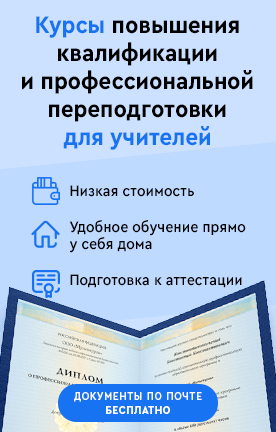Welcome to the Editorial pages of the journal Philosophy of Science, the official journal of the Philosophy of Science Association. Since its inception in 1934, Philosophy of Science, along with its sponsoring society, the Philosophy of Science Association, has been dedicated to the furthering of studies and free discussion from diverse standpoints in the philosophy of science.? Philosophy of Science is published five times per year. The four regular issues are dated January, April, July, and October of each year. The December issue contains the PSA conference Proceedings.
Создайте Ваш сайт учителя Курсы ПК и ППК Видеоуроки Олимпиады Вебинары для учителей
Прагматика
Вы уже знаете о суперспособностях современного учителя?
Тратить минимум сил на подготовку и проведение уроков.
Быстро и объективно проверять знания учащихся.
Сделать изучение нового материала максимально понятным.
Избавить себя от подбора заданий и их проверки после уроков.
Наладить дисциплину на своих уроках.
Получить возможность работать творчески.
Просмотр содержимого документа
«Прагматика»
Предмет: Английский язык
Категория: Планирование
Целевая
аудитория: 10 класс.
Урок соответствует ФГОС
Похожие файлы
Полезное для учителя
Распродажа видеоуроков!
1570 руб.
2240 руб.
1570 руб.
2240 руб.
1570 руб.
2240 руб.
1650 руб.
2350 руб.
Курсы ПК и ППК для учителей!
800 руб.
4000 руб.
800 руб.
4000 руб.
800 руб.
4000 руб.
800 руб.
4000 руб.
ПОЛУЧИТЕ СВИДЕТЕЛЬСТВО МГНОВЕННО
* Свидетельство о публикации выдается БЕСПЛАТНО, СРАЗУ же после добавления Вами Вашей работы на сайт
Удобный поиск материалов для учителей
Проверка свидетельства




















